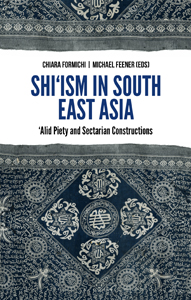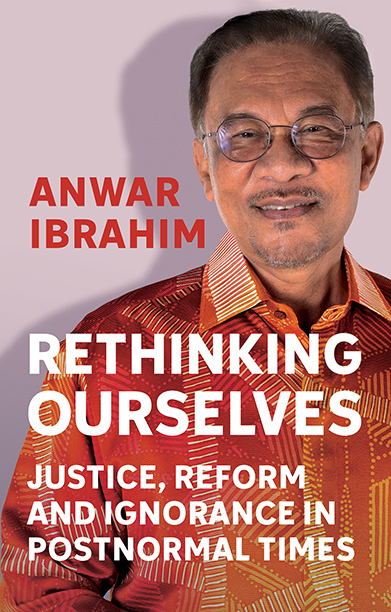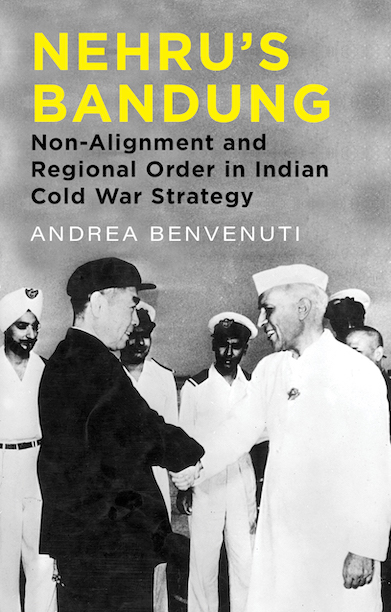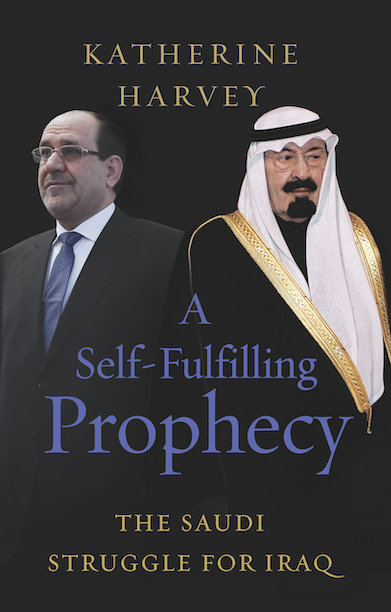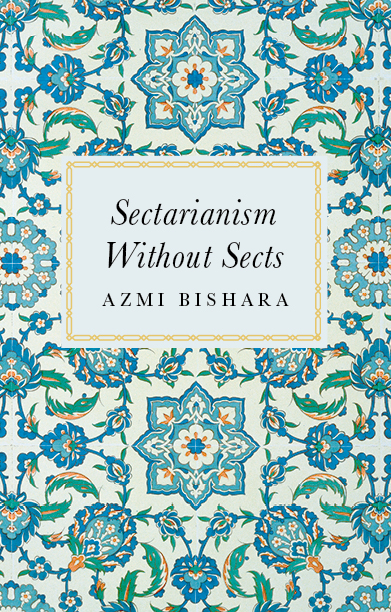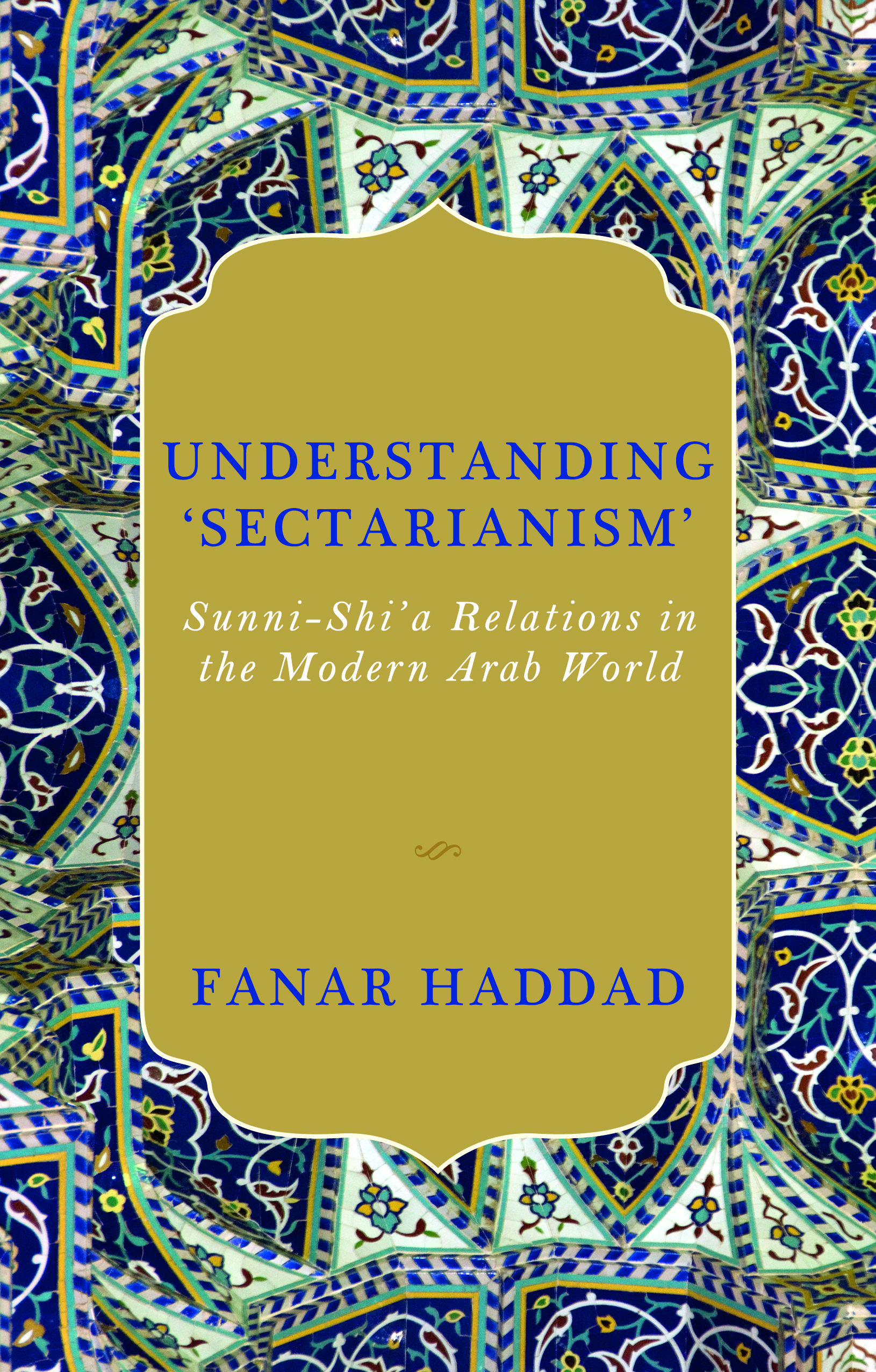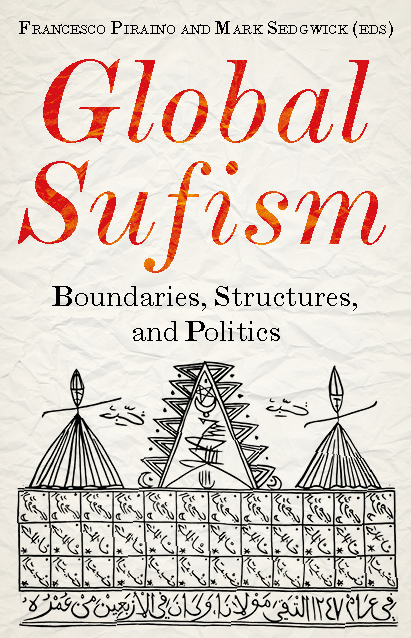Shi‘ism in South East Asia
‘Alid Piety and Sectarian Constructions
Notions of Shia piety are the principal subject of this fine work of scholarship.
Description
This is the first work available in any language to extensively document and critically discuss traditions of ‘Alid piety and their modern contestations in the region. The concept of ‘Alid piety allows for a reframing of our views on the widespread reverence for ‘Ali, Fatima and their progeny that emphasises how such sentiments and associated practices are seen as part of broad traditions shared by many Muslims, which might or might not have their origins in a specifically Shi’a identity. In doing so, it facilitates the movement of academic discussions out from under the shadow of polemical sectarian discourses on ‘Shi’ism’ in Southeast Asia. The chapters include presentations of new material from previously unpublished early manuscript sources from Muslim vernacular literatures in the Malay, Javanese, Sundanese, Acehnese and Bugis languages, as well as rich new ethnography from across the region. These studies engage with cultural, intellectual, and performative traditions, as well as the ways in which ‘Alid piety has been transformed in relation to more strictly sectarian identifications since the Iranian revolution in 1979.
Table of contents
Part 1: Historical Foundations
1. Debating ‘Shiʿism’ in the History of Muslim Southeast Asia — R. Michael Feener & Chiara Formichi
2. Shiʿa Devotion to the Ahl al-Bayt in Historical Perspective — Bianca Maria Scarcia Amoretti
3. Shiʿism in Thailand: From the Ayutthaya Period to the Present — Christoph Marcinkowski
Part 2: Literary Legacies
4. Soldier and Son-in-law, Spreader of the Faith and Scribe: Representations of ʿAli in Javanese Literature — Ronit Ricci
5. Fāṭima in Nusantara — Wendy Mukherjee
6. Penghulu Segala Perempuan: Fāṭima in Malay Didactic Texts for Women — Mulaika Hijjas
7. ʿAlid Piety in Bugis Texts on Proper Sexual Arts — Faried F. Saenong
8. Sex to the Next World: Holy Descent and Restorative Sex for the Mualad —Teren Sevea
Part 3: Modalities of ʿAlid Piety and Cultural Expressions in the Modern Period
9. ‘They are the Heirs of the Prophet’: Discourses on the Ahl al-Bayt and Religious Authority among the Bā ʿAlawī in Modern Indonesia — Ismail Fajrie Alatas
10. Locating the Descendants of ʿAli in Southwest Aceh: The Places of ʿAlid Piety in Late 20th-century Seunagan — Daniel Andrew Birchok
11. ʿAlid Piety and State-sponsored Spectacle: Tabot Tradition in Bengkulu, Sumatra — R. Michael Feener
12. Burlesquing Muḥarram Processions into Carnivalesque Boria — Jan van der Putten
13. A Taʿziya from 21st-century Malaysia: Faisal Tehrani’s Passion Play Karbalāʾ — E. P. Wieringa
Part 4: Contemporary Developments
14. Aspects of Shiʿism in Contemporary Indonesia: A Quest for Social Recognition in the Post-Suharto Era (1998-2008) — Umar Faruk Assegaf
15. One Big Family? Dynamics of Interaction among the ‘Lovers of the Ahl al Bayt’ in Modern Java — Chiara Formichi
Reviews
‘This path-breaking work makes an important contribution to understanding the complexities of religion in a part of the Muslim world that is still only peripherally studied. Highlighting the intensive and extensive contacts between the Lands below the Winds and the so-called Islamic heartlands in the Middle East, this volume will advance both these fields of academic inquiry. The editors have ensured a comprehensive coverage and a welcome counternarrative to writings in Southeast Asian languages on Shi’ism which have become ideologically polarised. Against the background of growing sectarian tensions in the wider Muslim world, this book is also timely and will help map the intricacies of the relationship between Southeast Asia’s Sunni and Shiʽi Muslims in the past and the present.’ — Carool Kersten, Senior Lecturer in the Study of Islam and the Muslim World at King’s College London and author of Islam in Indonesia: The Contest for Society, Ideas and Values
Editor(s)

Chiara Formichi is Assistant Professor in Southeast Asian Humanities at Cornell University. Her work centres on political Islam and nationalism, secularism as a marker of modernity, and issues of sectarianism, orthodoxy and pluralism. She is the author of Islam and the Making of the Nation: Kartosuwiryo and Political Islam in 20th century Indonesia (2012), and edited Religious Pluralism, State and Society in Asia (2013).

Michael Feener is Research Leader of the Religion and Globalization cluster at the Asia Research Institute, and Associate Professor of History at the National University of Singapore. His books include: Sharīʿa and Social Engineering: The Implementation of Islamic Law in Aceh, Indonesia (2013), and Muslim Legal Thought in Modern Indonesia (2007).
